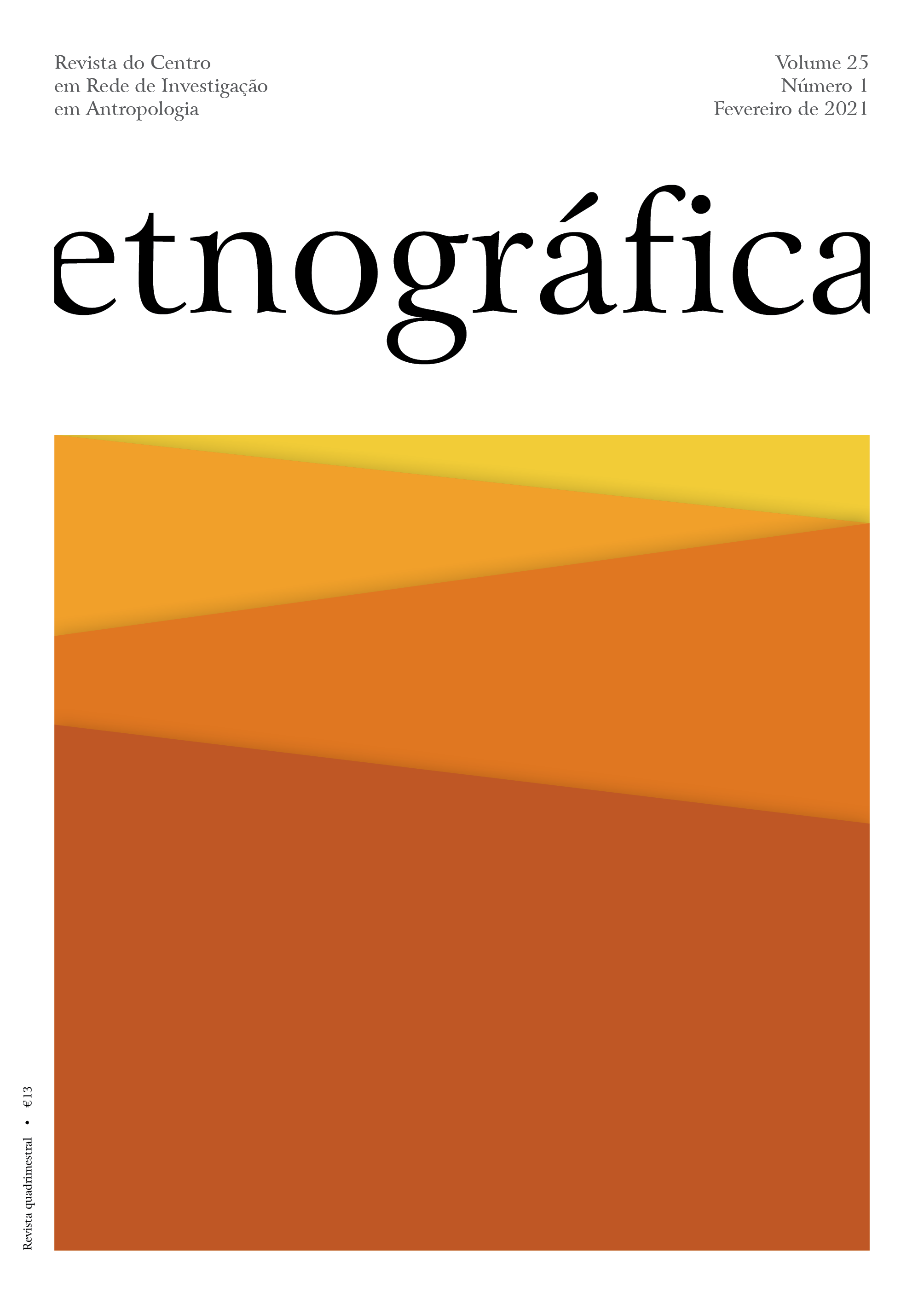The tourism and the invention of a policy: scales, territories and governance (Portugal, 1906-1936)
Keywords:
turismo, ação pública, Estado, identidade local, PortugalAbstract
This article proposes a general framework for interpreting the historical context of the production of a political discourse on “tourism” in Portugal during the first decades of the 20th century. During this period, and in the absence of a stable institutionalized policies, an informal network of social actors had a central role in the definition of public action in the field of tourism. The practical conditions of elaboration, sharing and diffusion of a common language about tourism had a great relevance in the making process of this “tourism world”. More specifically, I aim at emphasizing the importance of tourism in the reflection on the way of local and national political actions must be connected and the definition of the limits of the State action. My argument is illustrated through the analysis of the debates surrounding the definition of the administrative framework best suited to implement a tourism policy at the same time coherent at the national level and efficient at the local level. This debate finds its apogee during the First National Congress of Tourism organized in Lisbon, in January 1936.


